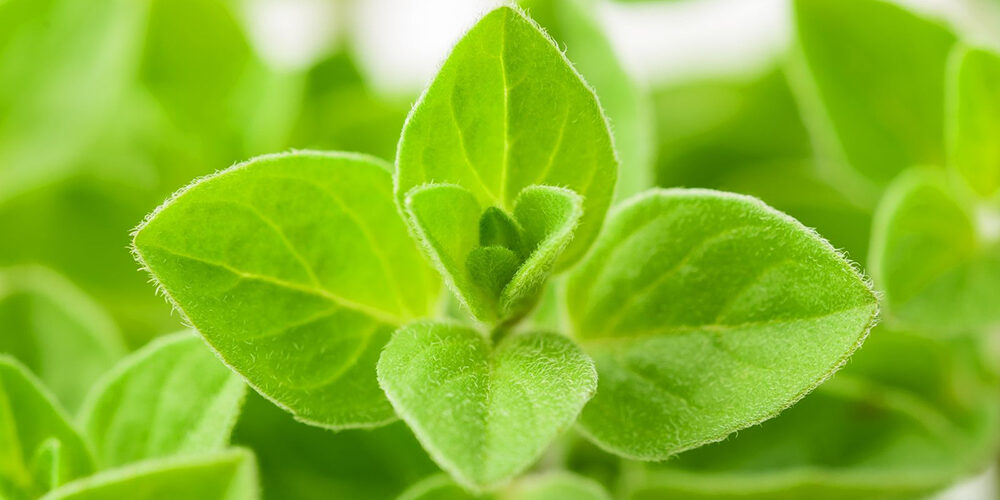Growing Marjoram
Posted On April 4, 2020

Marjoram is a low-growing herb, perfect as a garden edging or planted in a container or window box. In the kitchen, marjoram complements almost any meat, fish, dairy, or vegetable dish that isn’t sweet.
Planting
- Sow seed indoors in early spring.
- To speed up germination, soak seeds in water overnight.
- Cover seeds with a light layer of potting soil and water lightly.
- Transplant the seedlings into bigger pots when large enough to handle. Grow indoors until all danger of frost has passed.
- Plant the seedlings about 12 inches apart in well-drained soil in a sunny, sheltered spot.
Care
- Water regularly, but do not overwater.
- Keep plants trimmed by cutting the leaves throughout the growing season.
- When flower buds appear, cut the plants back low to the ground to stimulate new growth.
- In southern regions, Zones 9 and above, marjoram is a perennial and can be left in the ground.
- In northern areas, the herb is an annual and may be potted up at the end of the season and placed in a sunny window indoors.
Pests/Diseases
- Aphids
- Rabbits
- Root rot
Harvest/Storage
- Harvest the young leaves throughout the growing season and use fresh or freeze for later use.
- Marjoram can also be dried and stored in an airtight container in a dark, dry area.
Recommended Varieties
- Sweet marjoram: A member of the oregano family with a sweet, delicate flavor.
- Variegated marjoram: Low growing, with yellow-green variegated foliage.
Website: www.almanac.com